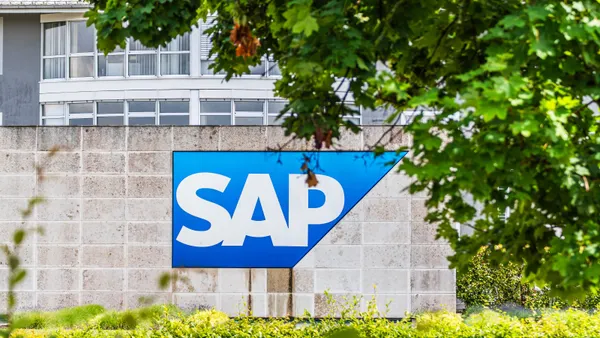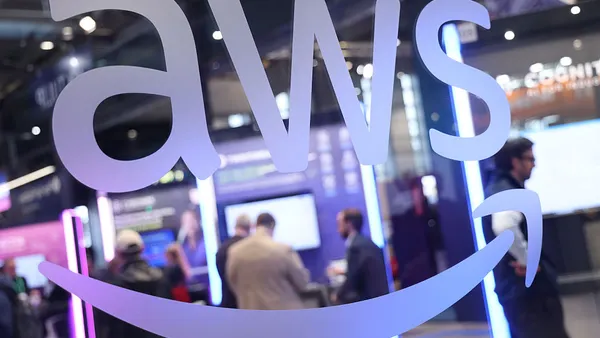Dive Brief:
- Facebook is facing criticism over a new mobile app that provides free Internet access to people in developing countries, the Wall Street Journal reports.
- Users say the app violates the principles of net neutrality by offering truncated access to certain websites.
- A recent report from the United Nations Broadband Commission found more than half of the world’s population is still offline.
Dive Insight:
Facebook launched its Internet.org initiative two years ago with the goal of bringing free Internet access to people in developing countries. But some users say the app provides only truncated access to some websites, arguing that Internet providers shouldn’t be able to dictate consumer website access.
Since the announcement of the $1 billion project, dubbed Internet.org, two years ago, Facebook has launched the app in 19 countries across Asia, Latin America and Africa. Facebook says as a result some nine million people are now online. But some say Facebook is simply trying to boost its own numbers.
“The common interest between us and Facebook is they want to get the number of Facebook customers up,” said Alexander Rusli, chief executive of Facebook Indonesian operator PT Indosat. “We don’t mind pushing their agenda because we know Facebook customers tend to be more sticky.”
A Facebook spokeswoman disputed the view that the company’s mission is to boost user numbers. “That is not the intent of Internet.org,” she said.
Last week, Facebook said it would change the name of the Internet.org app and mobile website to Free Basics by Facebook.













